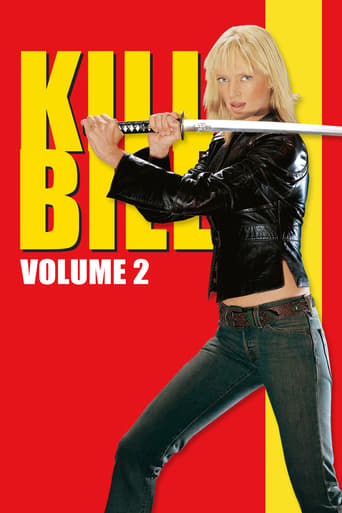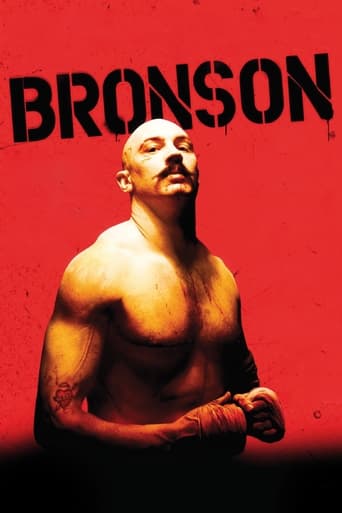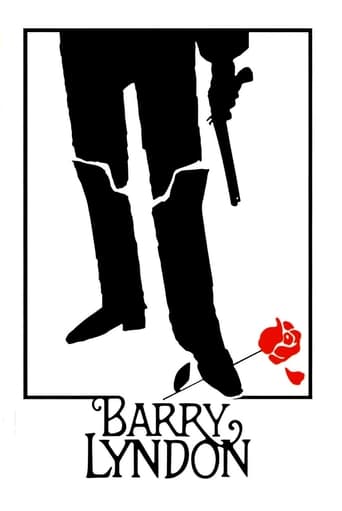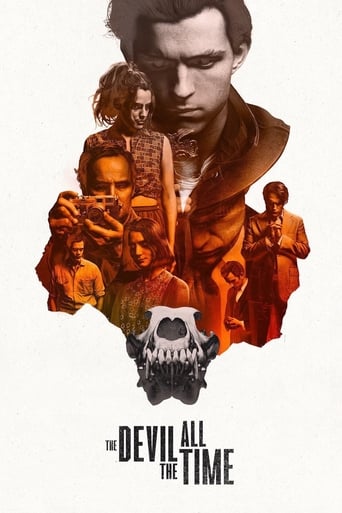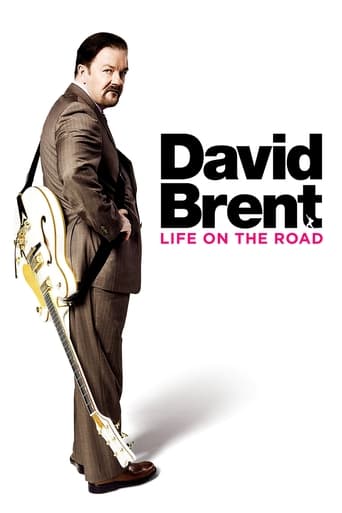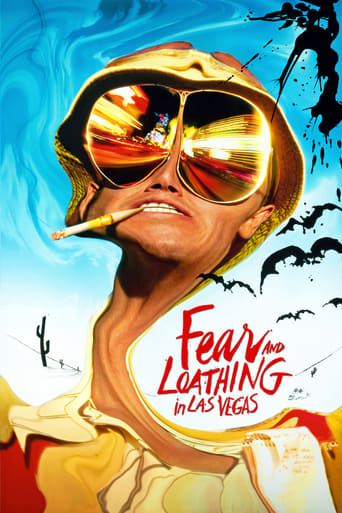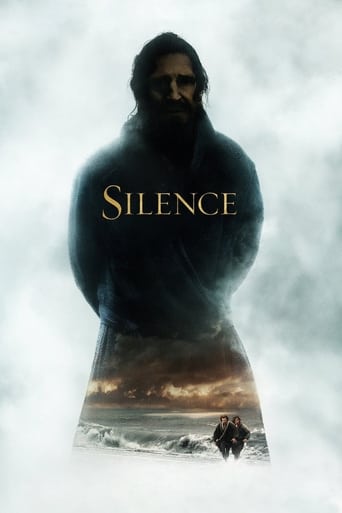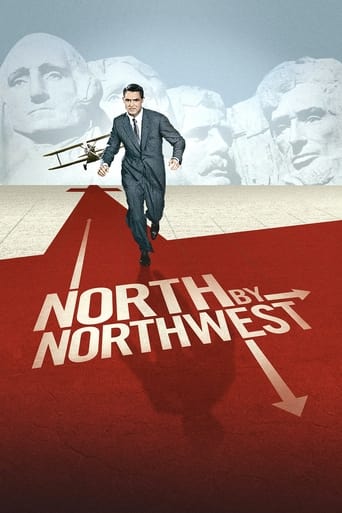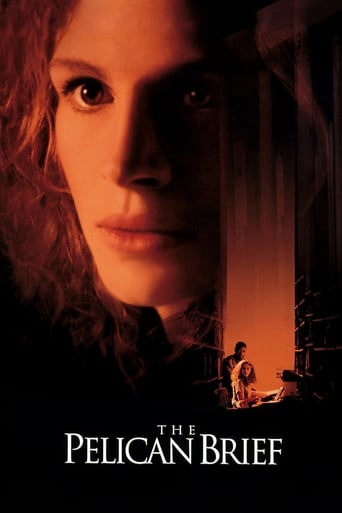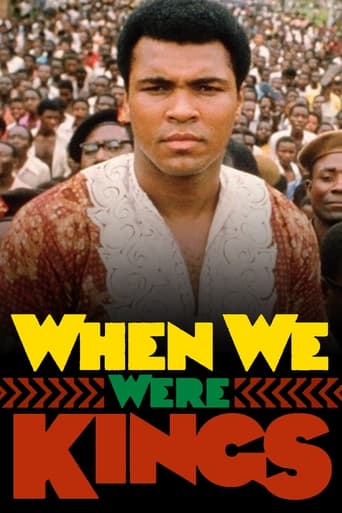


When We Were Kings
It's 1974. Muhammad Ali is 32 and thought by many to be past his prime. George Foreman is ten years younger and the heavyweight champion of the world. Promoter Don King wants to make a name for himself and offers both fighters five million dollars apiece to fight one another, and when they accept, King has only to come up with the money. He finds a willing backer in Mobutu Sese Suko, the dictator of Zaire, and the "Rumble in the Jungle" is set, including a musical festival featuring some of America's top black performers, like James Brown and B.B. King.
-
- Cast:
- Muhammad Ali , George Foreman , Don King , James Brown , B.B. King , Spike Lee , Norman Mailer


Similar titles
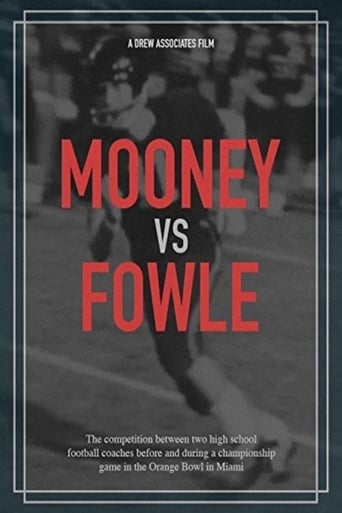
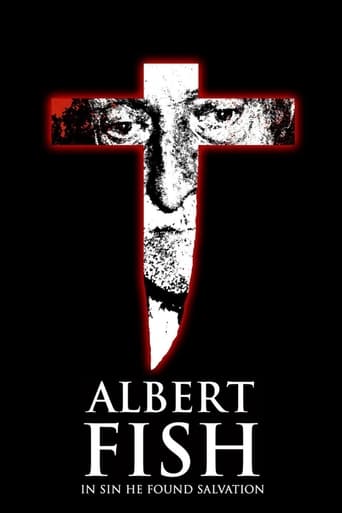
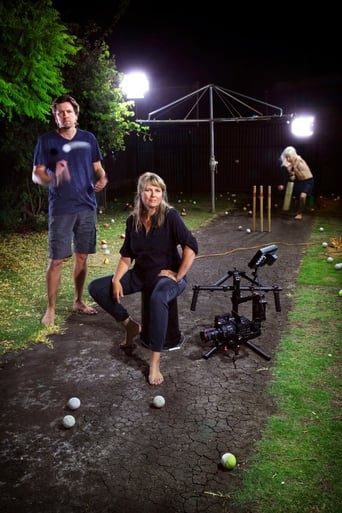
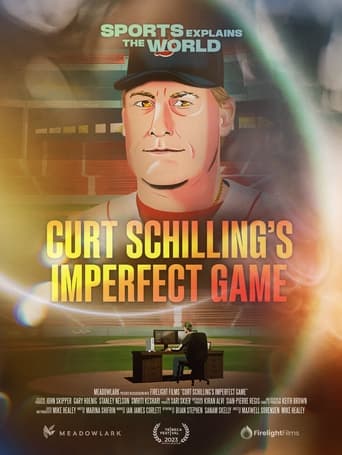
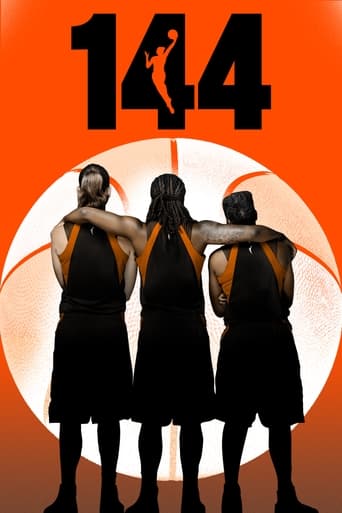

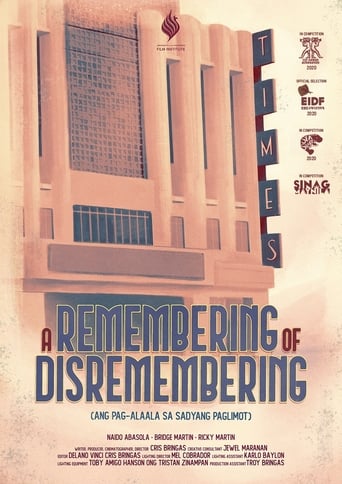
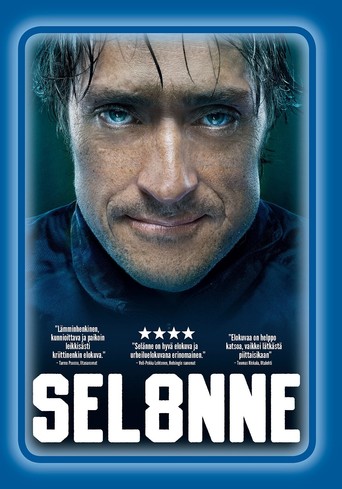
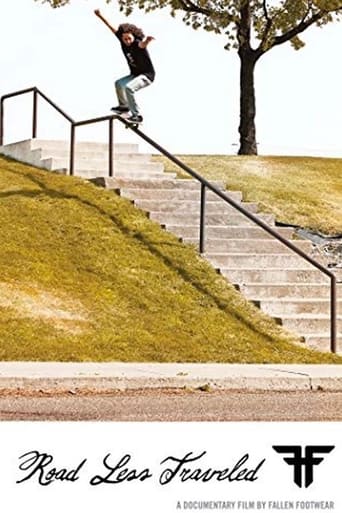
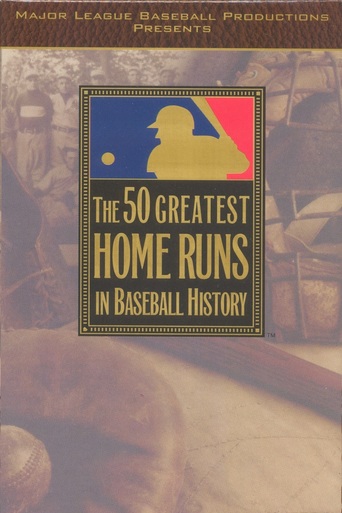
Reviews
That was an excellent one.
Nice effects though.
Great Film overall
For all the hype it got I was expecting a lot more!
If such an event as the Foreman/Ali fight occurred today, this film would probably not be such a big deal. That is because we would have pretty much round the clock cable coverage of the event courtesy ESPN. However, given that this fight occurred in 1974, this is the closest thing you are going to get to the kind of coverage you would see if that event was held today. In spite of the reversal of fortune that this fight gave to both Foreman and Ali's careers, this film really does not focus on either one of these individual fighters that much. Instead, it gives you a real feel for the excitement surrounding the fight overall, with significant commentary by George Plimpton and Norman Mailer, who were both there to cover the event.Of course there are segments on Foreman and Ali, and at the end, after the segment on the fight itself, there is basically a tribute to Ali both through his words and then through a series of still shots showing highlights of his life and career. However, I also learned quite a bit about Don King, the guy who made the fight happen, and how this event helped him "break out of the pack" when it came to managing fights and fighters. However, there is no romanticizing of the man. They mention both his strong points - his incredible intellect and that he always seemed to have a quotation from Shakespeare for ever occasion - and his weaknesses, mainly that he was "amoral in his handling of the individual fighters' careers". These are the film's words, not mine. Interviews and footage of the fighters and their staff preparing both physically and mentally for the big "rumble in the jungle" are skillfully interspersed with footage of the sportswriters of the 70's marking up copy and working old-fashioned teletypes back in the age before computers were common, along with film of the inhabitants of Zaire going about their daily life often balancing huge baskets on their heads, and also shots of the live entertainment going on including some great footage of B.B. King and James Brown. Also included is a little bit of explanation as to why the people of Zaire found Ali so endearing versus George Foreman. They said they found Ali to come across as "a real person". Apparently the fact that Foreman was so monosyllabic most of the time did not help his image overseas.The footage of the fight itself is very good considering it was shot in 1974. Mailer and Plimpton do a great job of explaining everything that is going on at each phase of the fight, including trying to get inside Ali's head as to what he might have been thinking as he employed first one strategy and then another against his mountain of an opponent.The film does mention that losing to Ali threw Foreman into a two year depression, and when he emerged he reinvented himself to the point that, as Norman Mailer says in the film, "you would be hard pressed to find someone more affable than George Foreman is today." The postscript on Ali is interesting too. Mailer mentions that after this fight, Ali went on to fight 22 times, and all of these additional fights ruined his health. Mailer mentions that it is often said that you wind up destroying the thing you love, but in Ali's case it was the thing he loved that ultimately destroyed him, or at least his physical health.This is a very good and complete portrait of a unique sports event and the very interesting people involved. You don't have to be a boxing fan to enjoy it. If you enjoy a good tale about the triumph of an underdog, the intersection of two very different cultures, and anecdotes about some of the more interesting sports figures of the 20th century, you'll like this film. I highly recommend it.
To anyone born after Muhammad Ali's heyday as a boxer, it would be difficult to describe the impact he had on American life and culture. Sure, one can read about it and watch other documentaries, but there's something to be said about experiencing it in real time with Ali's name in the headlines, proclaiming himself to be The Greatest both in and out of the ring. "When We Were Kings" is probably an inappropriate title for this film, it plays more like "When Ali Was King", even though he wasn't World Champ at the time, having been stripped of the title for refusing the military draft. The picture does a credible job of presenting the behind the scenes machinations to bring the 'Rumble in the Jungle' to fruition, even with a six week delay due to a training injury suffered by Foreman.Thinking back to those days, I had never considered the implications of making the fight a black political statement, though in hindsight I would question allowing the involvement of a dictator like Mobutu Sese Seko putting up the money for the event. As described by Norman Mailer, one of the writers interviewed for the film, Mobutu was a closet sadist who rounded up a thousand criminals and put them in detention pens underneath the fight stadium to remove the threat of criminal activity while the eyes of the world were on his country.Don't expect to see a lot of the eight round fight in this documentary. What you need to know is capably explained by Mailer and fellow sportswriter George Plimpton laying out Ali's strategy and how he approached the fight. Mailer's analysis in particular is helpful in detailing how Ali's right hand leads so enraged Foreman that he used up a lot of his power and energy in trying to destroy him. Quite honestly though, I don't know quite what to make of the 'succubus' story that Plimpton seemed to be so fascinated with.Perhaps the most significant take away I had from the picture was hearing Spike Lee's comments that had nothing to do with the fight. He was speaking of black youth, but I would ascribe his remarks to all colors of a young generation today that remain completely unaware of history, and even worse, are disinterested in learning about it. Most certainly, Muhammad Ali would have something to say about that.
Some people see boxing as nothing more than two people standing in a big square that for some reason is called a ring, hitting each other very hard until one of them falls over bleeding onto the floor. Others see it as a tough, graceful sport that can be elevated to an art form. If any one person has ever exemplified the idea of boxing as an art, surely it is Muhammad Ali.Mostly shot in 1974, When We Were Kings follows the circus that was the famous 'Rumble In The Jungle', the fight between Ali and George Foreman that took place in Zaire now the Democratic Republic of the Congo - in 1974. However to say that this movie is about that match is to do it an injustice. Really this is a movie about Ali himself, and what the man has come to represent.The title actually refers to the time when black people were kings of Africa, yet it is interesting to note that the only reason the fight took place in Zaire was the massive amount of money offered. Indeed Zaire, under the rule of Presedent Mobutu, was hardly a place where the common person thrived. Much is made of President Mobutu. He is described as a 'closet sadist', and there is discussion of detention rooms and prisons for thousands for people under the stadium the fight was take place in! The most frightening accusation aimed at the president is the idea that he rounded up all of the dangerous, high ranking criminals in the country, randomly killed 100 of them and released the others, just to ensure that, while the eyes of the world were on Zaire, there would be no criminal trouble. Whether or not that is true, there certainly was little trouble at all.In 1967 Ali lost the world title because he had refused to go to Viet Nam, famously saying 'no Vietnamese ever called me Ni**er', but began a comeback in 1970. In 1971 he had a shot at the title but lost to Joe Frazier. This is very important to remember as in 1974 Ali was fighting Foreman, a person who obliterated Frazier in a couple of rounds. Nobody really thought Ali was going to win this fight, a fact made clear by the documentary. Nobody, from his training staff to the commentators, believed that the former champion could stop 'Big George', no one except the people of Zaire. Everywhere Ali went there were cheers of 'Ali, Bomaye!', which means 'Ali, kill him!' I found it quite interesting when in one interview Foreman says that he wouldn't want people shouting that - a chant encouraged by Ali - but rather that the people would shout 'George Foreman loves Africa!' However in the eyes of the people of Zaire, Foreman represented America, while Ali was their champion.As well as interviews with the fighters and those associated with them there is also a lot of coverage of the massive amount of hype that went along with the match. Don King ensured that this fight was massive, and the hype that surrounded the fight, with artists such as James Brown and B.B. King performing bought anticipation to a fever pitch. Called the 'Black Woodstock' music festival, I found the emphasis the film placed on these artists and what they did just as compelling as the information about Ali.Of course there is also the fight. I must say that this was the one point of the documentary that worried me. It depicted Ali as taking a huge amount of damage during the match, on his last legs before taking the fight to Foreman. I feel that this was simply for dramatic effect. Even during the fight it was noted that Foreman was tiring himself out and Ali's tactics seemed obvious to everyone except his opponent in the ring. But this small criticism cannot overshadow what an amazing feat it was for Ali to floor Foreman in the eighth round. The final punch Ali lands is amazing, as is his performance throughout the fight.This film may not appeal to people who find boxing offensive, yet in truth the fight itself is not the main interest. Here we see people talking abut a man who during a time of massive social upheaval was a leader for his people. As Spike Lee says towards the end of the movie 'These kids, they are missing a whole lot if they don't know the legacy of Muhhamad Ali because no matter what era you live in you see very few true heroes'.
Well, although I am not too much of an Ali fan, I heard some of the important moments of his life. You probably know him as that draft dodger who almost got 5 years in federal jail for refusing to be inducted into the U.S. armed forces. And of course, there was the Ali-Foreman matchup taking place in an African country where you can get by with some French, and you heard about King Motu from Zaire and Don King from the USA masterminding this famous fight.What makes this movie better than Will Smith's version of "Ali" was the music. If you have seen that version of "Ali", there are the same patterns---you hear the "Bumaye Ali" chant (which was a motivator for Ali to knock out George Foreman) like Will Smith's version, and the big pre-game fanfare with all of that Black music, leading to the entrance of Ali and Foreman into the big stadium with a lot of soldiers. But the music in "When We Where Kings" added a great fuel to the fire of what was this famous boxing match to come.I found out that Motu could not see the famous fight in person at the stadium, because Motu was targeted for an attempt on his life by someone.The early 1970s was when the soul music and progressive rock explosion went sky-high. This was in response to the turbulent Civil Rights movement of the mid-1960s in the United States, leading up to the turbulent events in 1968 such as the Martin Luther King assassination. Especially when you hear James Brown and his famous Soul Generals band strut their stuff with famous soul hits like "We're Gonna Have a Funkin' Good Time"...especially when they were on the Zaire venue before the George Foreman-Muhummad Ali matchup.

